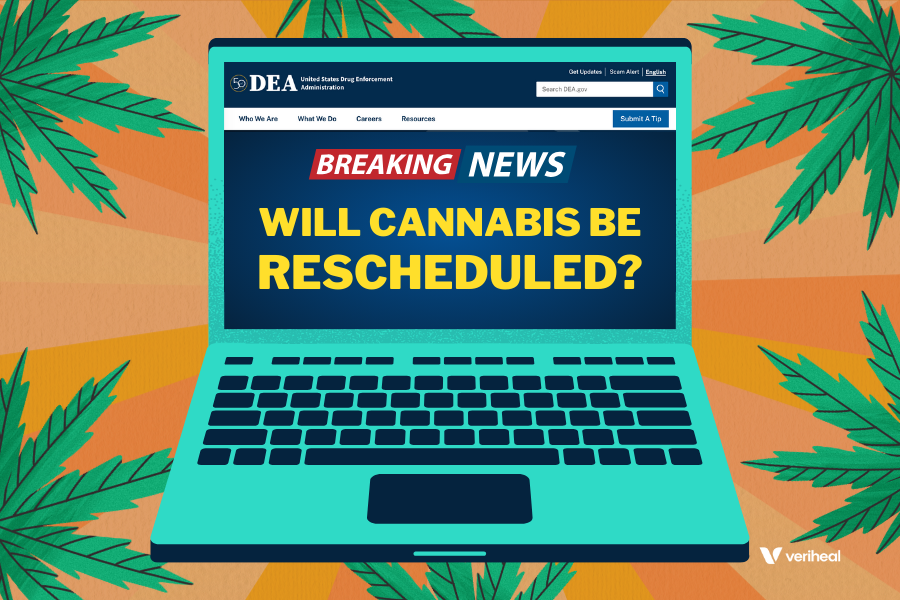The U.S. Department of Health and Human Services (HHS) has delivered a significant announcement that could potentially reshape the landscape of cannabis legalization in the United States. The HHS has proposed the reclassification of cannabis, shifting it from Schedule I to Schedule III within the federal legal framework. This major news has sparked a lively debate and rekindled the conversation about cannabis reform.
Biden’s Push for Cannabis Reform
This development follows President Joe Biden’s 2022 announcement, in which he proposed mass marijuana pardons and called for a thorough review of cannabis laws. This marked a notable change in the federal government’s stance on cannabis, in line with the increasing support for cannabis reform nationwide.
The HHS Recommendation
In a letter dated Aug. 29, 2023, the HHS formally communicated its suggestion to the Drug Enforcement Administration (DEA) to reclassify cannabis from Schedule I to Schedule III under the Controlled Substances Act (CSA). While the DEA holds the ultimate authority for this decision, the HHS’s scientific assessment and the growing political backing for cannabis reform may significantly sway the DEA’s final ruling.
The White House’s Perspective
The White House has made it clear that the rescheduling process is an independent endeavor led by the HHS and the Department of Justice (DOJ), guided by solid scientific evidence. This underscores the administration’s dedication to making decisions grounded in factual information and rigorous analysis.
Why You Should Get Your Medical Marijuana Card
Veriheal has satisfied millions of patients nationwide by giving them access to these benefits
- Larger purchase limits
- Peace of mind
- Enhanced legal protection
- Access to higher potency strains
- Save up to 25% on cannabis purchases
- Skip the line at the dispensary
What’s in It for the Cannabis Market?
The HHS’s recommendation represents a historic milestone for the cannabis industry, with profound implications:
- Expanding Research Horizons: A shift to Schedule III could unlock a multitude of research opportunities, enabling in-depth exploration of cannabis’s medical benefits and potential risks.
- Enhancing Credibility: Revising its scheduling could contribute to reducing the stigma surrounding cannabis, solidifying its acceptance for medical use, and potentially paving the path for more comprehensive legalization initiatives.
- Economic Advancement: Embracing Schedule III might fuel substantial growth within the cannabis sector. This change has the potential to attract increased investments and create economic prospects, particularly in states where cannabis is already legal.
Understanding Schedule I and Schedule III
To further understand the importance of this recommendation, let’s break down the differences between Schedule I and Schedule III drugs.
Schedule I Drugs
Currently, cannabis is classified as a Schedule I drug at the federal level. This classification indicates that it’s considered to have a high potential for abuse, lacks recognized medical uses, and is deemed unsafe for any form of supervised medical administration.
Schedule III Drugs
If cannabis were rescheduled to Schedule III, it would be acknowledged as having a lower potential for abuse compared to Schedule I substances. Furthermore, Schedule III drugs are recognized to have established medical applications, and their misuse typically results in moderate physical dependence or high psychological dependence.
The potential reclassification of cannabis to Schedule III could mark a significant turning point in the ongoing cannabis legalization debate. Watching how this recommendation unfolds in the coming months promises to be a fascinating development in the world of cannabis reform. Stay tuned for updates on this transformative shift.
Author, Share & Comments








